Cruising on the popularity wave, electric bikes, or e-bikes, provide a convenient and eco-friendly way to get around. But hold your handlebars! Before you pedal away on your e-bike journey, it's important to know the rules of the road. Are electric bikes street legal in your state? Let's dive into the laws around e-bikes, making sure you're clued in and good to go.

Understanding Electric Bike Classifications
Electric bike classifications typically categorize e-bikes based on their power and speed capabilities. Here are the common classifications:
Class 1:These are pedal-assist bikes that provide assistance only when the rider is pedaling and have a maximum assisted speed of 20 mph.
Class 2:Also known as throttle-assist bikes, Class 2 e-bikes have a throttle that can propel the bike without pedaling, but the motor assistance cuts off at 20 mph.
Class 3:These are pedal-assist bikes like Class 1, but with a higher maximum assisted speed of 28 mph. They're often equipped with additional safety features.
State-by-State Electric Bike Regulations
Navigating the rules for electric bikes across different states is crucial for safe and legal riding. Let's take a closer look at the street legality of e-bikes in several key states:
Are Electric Bikes Street Legal in California?
In California, e-bikes are generally considered street legal, with specific regulations governing their use. Class 1 and Class 2 e-bikes are allowed on streets and bike lanes, while Class 3 e-bikes, with a higher maximum assisted speed, are subject to additional regulations, including age restrictions and helmet requirements. For instance, riders must adhere to age restrictions, with individuals under 16 years old unable to operate Class 3 e-bikes. Additionally, wearing helmets is mandatory for Class 3 riders and passengers under 18.
P.S. Are electric dirt bikes street legal in California? No, dirt bikes are not typically street legal in California. They are considered off-highway vehicles (OHV) and must meet stringent emissions standards set by the California Air Resources Board (CARB) to be eligible for operation on designated OHV trails. If compliant, an Electric Dirt Bike may receive either a green sticker for year-round operation or a red sticker for seasonal use only.
Are Electric Bikes Street Legal in Florida?
Florida allows e-bikes on most public roads and trails, with riders required to adhere to certain speed limits and safety regulations. While there are no statewide helmet requirements for e-bike riders in Florida, wearing a helmet is strongly recommended for safety.
Are Electric Bikes Street Legal in Illinois?
In Illinois, e-bike riders do not face statewide helmet requirements, but there are regulations regarding age restrictions and equipment labeling. E-bikes must be labeled with classification information, and riders under 16 are restricted from operating Class 3 e-bikes.
Are Electric Bikes Street Legal in Ohio?
Ohio permits the use of e-bikes on roads and bike paths, with riders required to follow standard traffic laws and rules of the road. While there are no statewide helmet requirements for e-bike riders in Ohio, helmets are mandatory for Class 3 e-bike riders and passengers of any age.
Are Electric Bikes Street Legal in Pennsylvania?
Pennsylvania allows e-bikes on trails, roads, and bike paths, but regulations may vary depending on the class of e-bike. Riders must be at least 16 years old to operate an e-bike in Pennsylvania, and while helmets are not required for e-bike riders statewide, they are recommended for safety.
Are Electric Bikes Street Legal in Texas?
In Texas, e-bike riders are not required to have a driver's license, registration, or insurance. While there are no statewide helmet requirements for e-bike riders in Texas, local jurisdictions may impose their own helmet regulations. E-bikes are allowed on roads, bike lanes, and paths, subject to certain regulations and speed limits.
Additional Questions about Electric Bikes Legality
Are electric dirt bikes street legal? Electric dirt bikes are generally not street legal in most jurisdictions. They are designed for off-road use and are not equipped with the necessary features, such as lights, mirrors, and turn signals, to comply with street regulations. However, regulations may vary by location, so it's essential to check local laws before operating an electric dirt bike on public roads.
Are electric mini bikes street legal? In many places, electric mini bikes are considered motorized vehicles and must meet certain requirements to be street legal. However, regulations can differ by jurisdiction, so it's crucial to check the specific laws in your area before riding an electric mini bike on public roads.
Where Can You Ride Electric Bikes?
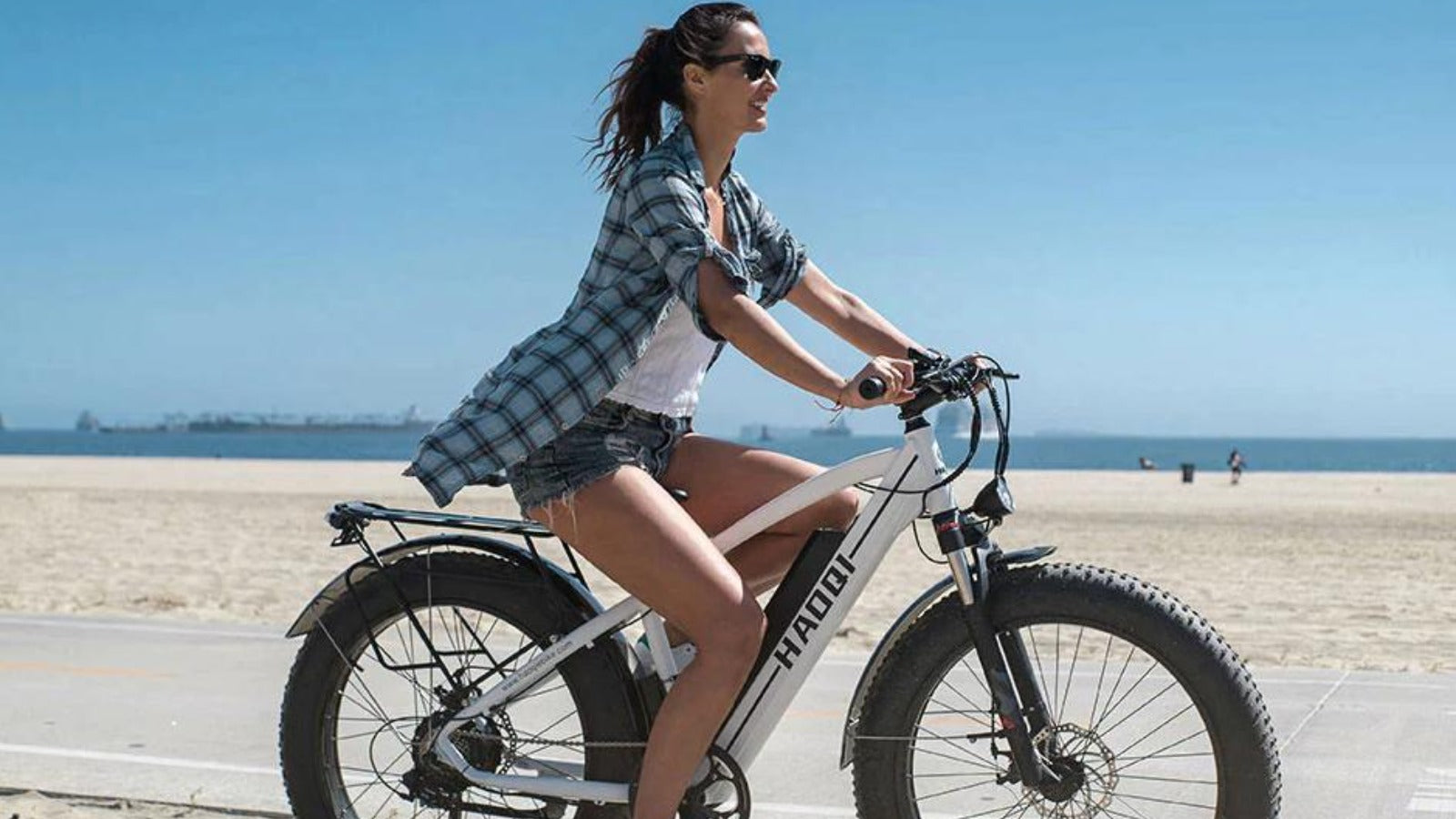
Here's a simple guide to where you can ride electric bikes:
1. Bike Lanes and Paths:Many cities have designated bike lanes and paths where e-bikes are permitted. These lanes are typically marked with signage indicating their use for bicycles and are sometimes shared with pedestrians.
2. Roads and Streets:E-bikes are generally allowed on public roads and streets where bicycles are permitted. Riders should use the right lane and follow traffic laws, including obeying traffic signals and signs.
3. Multi-Use Trails:Multi-use trails may allow e-bike usage depending on local regulations. These trails are often designated for both motorized and non-motorized uses, so it's essential to check specific trail rules before riding.
4. Parks and Public Spaces:Some parks and public spaces permit e-bike usage, while others may have restrictions in place. Always check with the managing authority for specific rules regarding e-bike access.
5. Sidewalks:Regulations regarding e-bike usage on sidewalks vary by location. In some areas, riding e-bikes on sidewalks may be permitted, while in others, it may be prohibited. Check with your city or municipality for local rules.
6. State and National Parks:State and national parks may have their own regulations regarding e-bike usage on trails and paths. Some parks allow e-bikes on certain trails, while others may restrict them to designated areas or prohibit them altogether.
7. Specialized Trails:Some areas may have specialized trails specifically designed for e-bike use. These trails often feature terrain suitable for electric bikes and may have their own set of rules and regulations.
Remember: It's crucial to familiarize yourself with local laws and regulations regarding e-bike usage in your area. Always respect signage and guidelines provided by authorities, prioritize safety, and be considerate of other trail users.
Equipment and Safety Requirements for E-Bikes

Ensuring the proper equipment and safety measures are in place is essential for safe e-bike riding. Here are key requirements to consider:
Lights and Reflectors:Front and rear lights, along with reflectors, enhance visibility, especially in low-light conditions.
Brakes:Functional brakes are critical for safe stopping. Regular maintenance ensures they operate effectively.
Horn or Bell:Alert pedestrians and other road users of your presence with a horn or bell.
Helmet:While helmet laws vary, wearing one is strongly recommended for personal safety.
Reflective Clothing:Increase visibility by wearing reflective clothing, particularly at night.
Safety Check:Regularly inspect your e-bike to ensure all components are in good working condition.
Follow Traffic Laws:Adhere to traffic laws applicable to cyclists, including signaling and yielding to pedestrians.
Riding Technique:Practice safe riding habits such as maintaining distance from vehicles and signaling intentions clearly.
By meeting these requirements, you can enhance safety and enjoyment while riding.
Conclusion
In conclusion, while e-bikes offer convenience and eco-friendly transportation, it's essential to prioritize safety and legal compliance. By adhering to equipment requirements, following traffic laws, and understanding the answer to 'Are electric bikes street legal,' you can enjoy the journey with confidence.
FAQ
What should I know before buying an electric bike?
Before purchasing an electric bike, consider factors such as its classification, battery range, motor power, and intended use. Additionally, familiarize yourself with the regulations governing e-bikes in your area to ensure compliance.
What should I do if I get into an e-bike accident?
In the unfortunate event of an e-bike accident, prioritize your safety and seek medical attention if necessary. Report the accident to the relevant authorities and gather relevant information, such as contact details of witnesses and involved parties. Consulting with a legal professional may also be advisable to understand your rights and responsibilities.


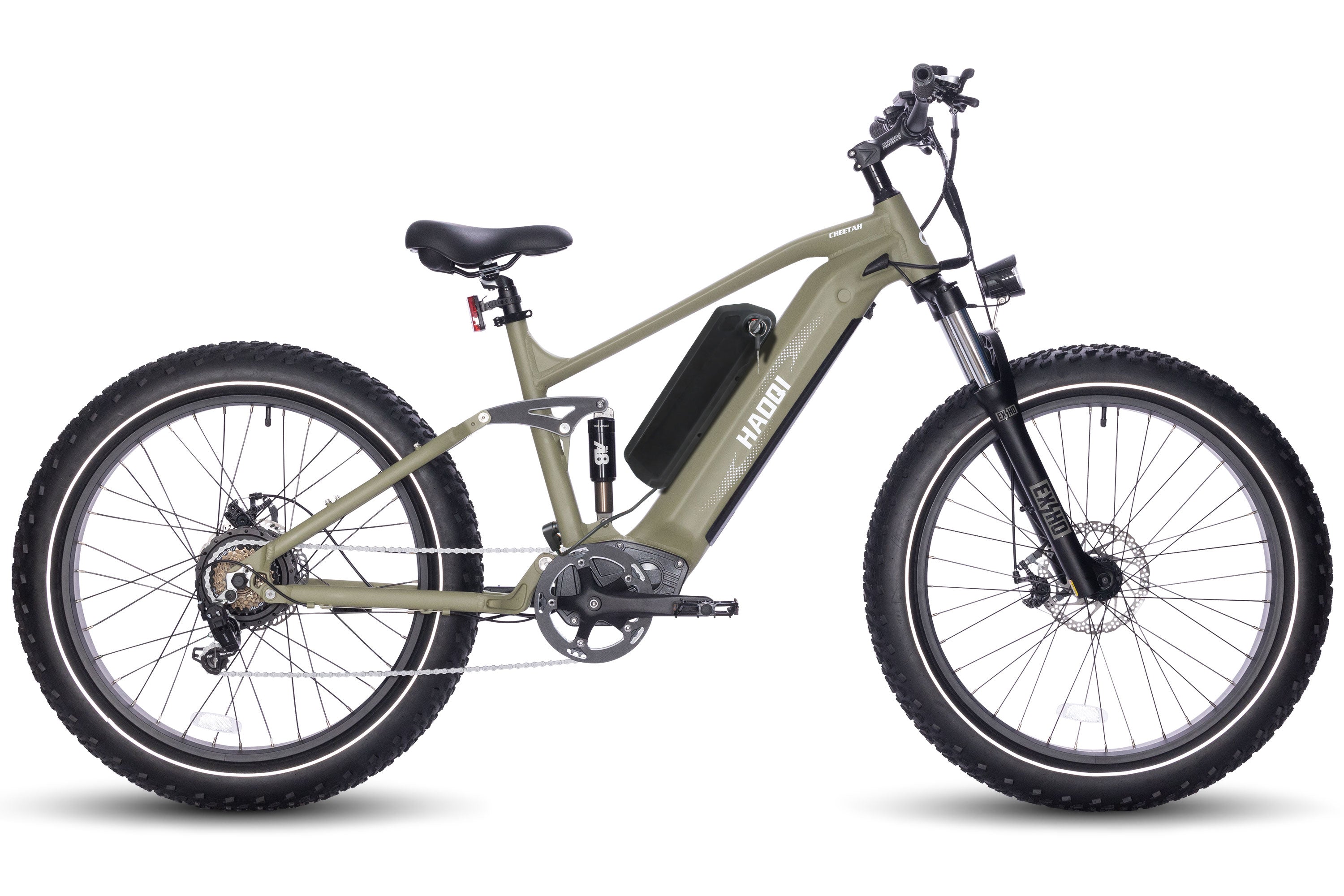
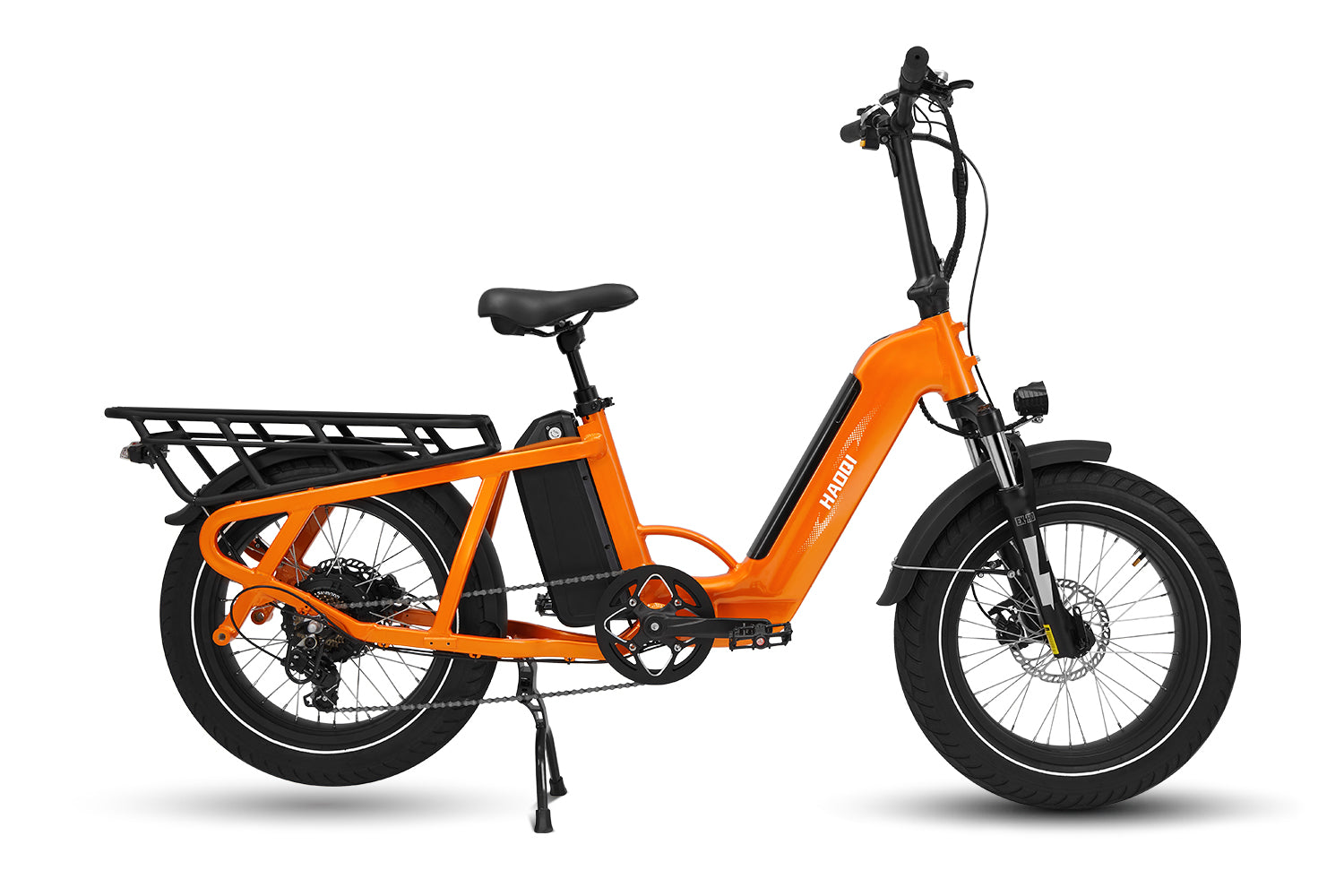
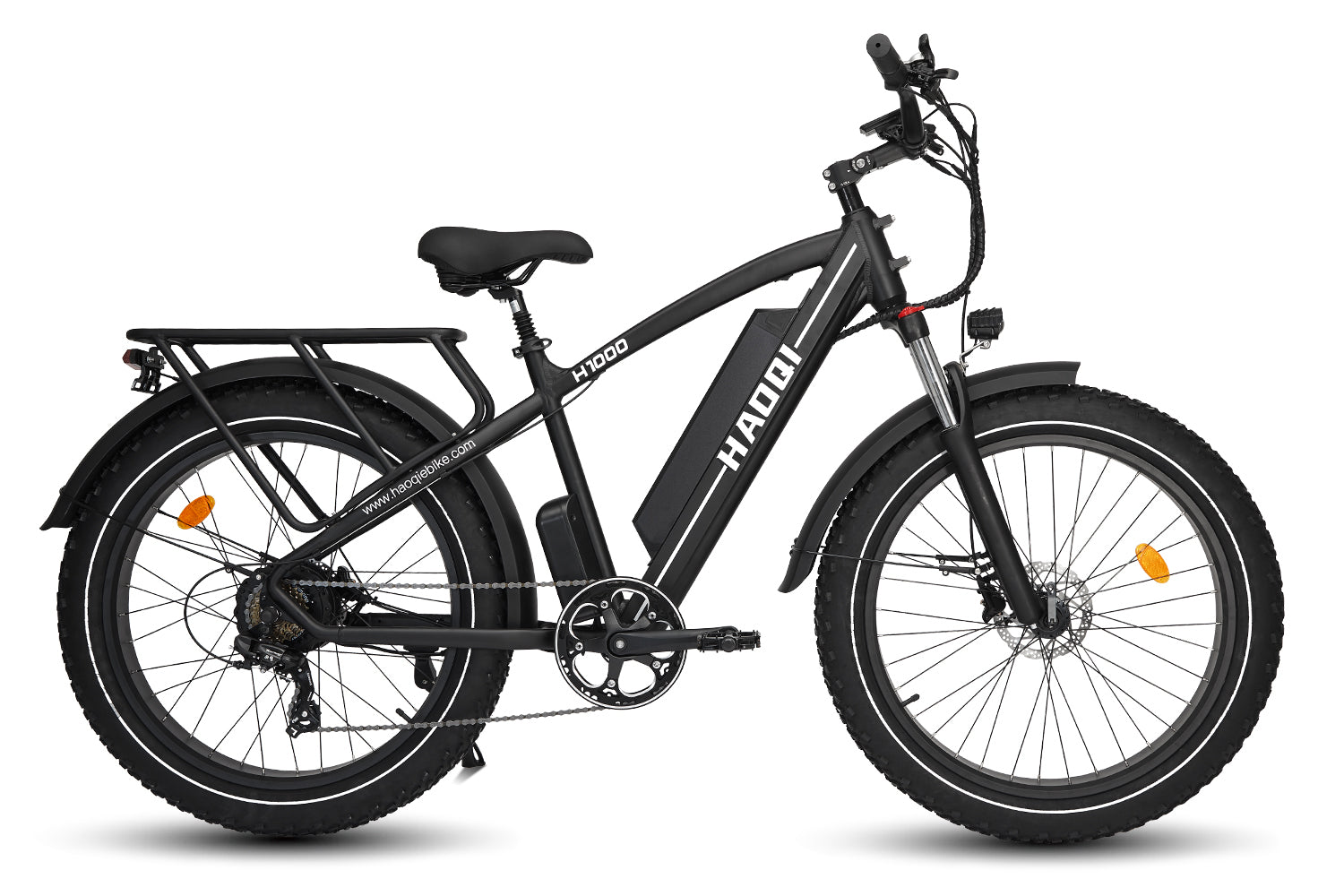
![HAOQI Antelope 500W Cargo Electric Bike (UL Certified) [electric bike] [HAOQI ebike]](http://haoqiebike.com/cdn/shop/products/haoqi-antelope-cargo-electric-bike-with-dual-battery-haoqiebike-com-1.jpg?v=1753954498&width=1500)
![HAOQI Squirrel Folding Electric Bike (UL Certified) [electric bike] [HAOQI ebike]](http://haoqiebike.com/cdn/shop/files/1_03c67b67-715e-4617-a648-51f108ceb425.jpg?v=1766473332&width=1500)
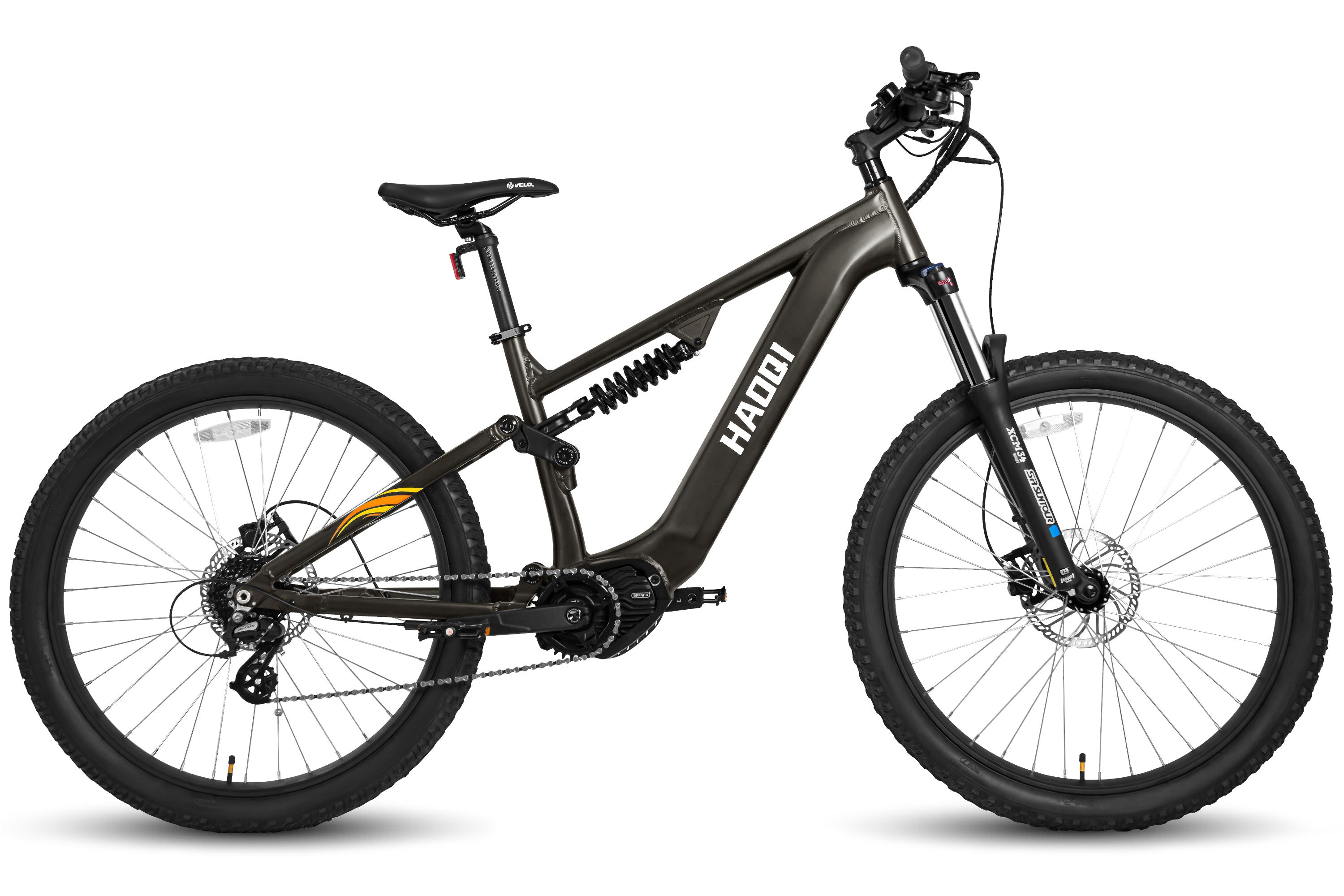
![HAOQI Eagle Long Range Electric Bicycle (UL Certified) [electric bike] [HAOQI ebike]](http://haoqiebike.com/cdn/shop/files/2_bf7ae46b-aad6-472a-9c14-d56ca3f0feb6.jpg?v=1755142722&width=1500)
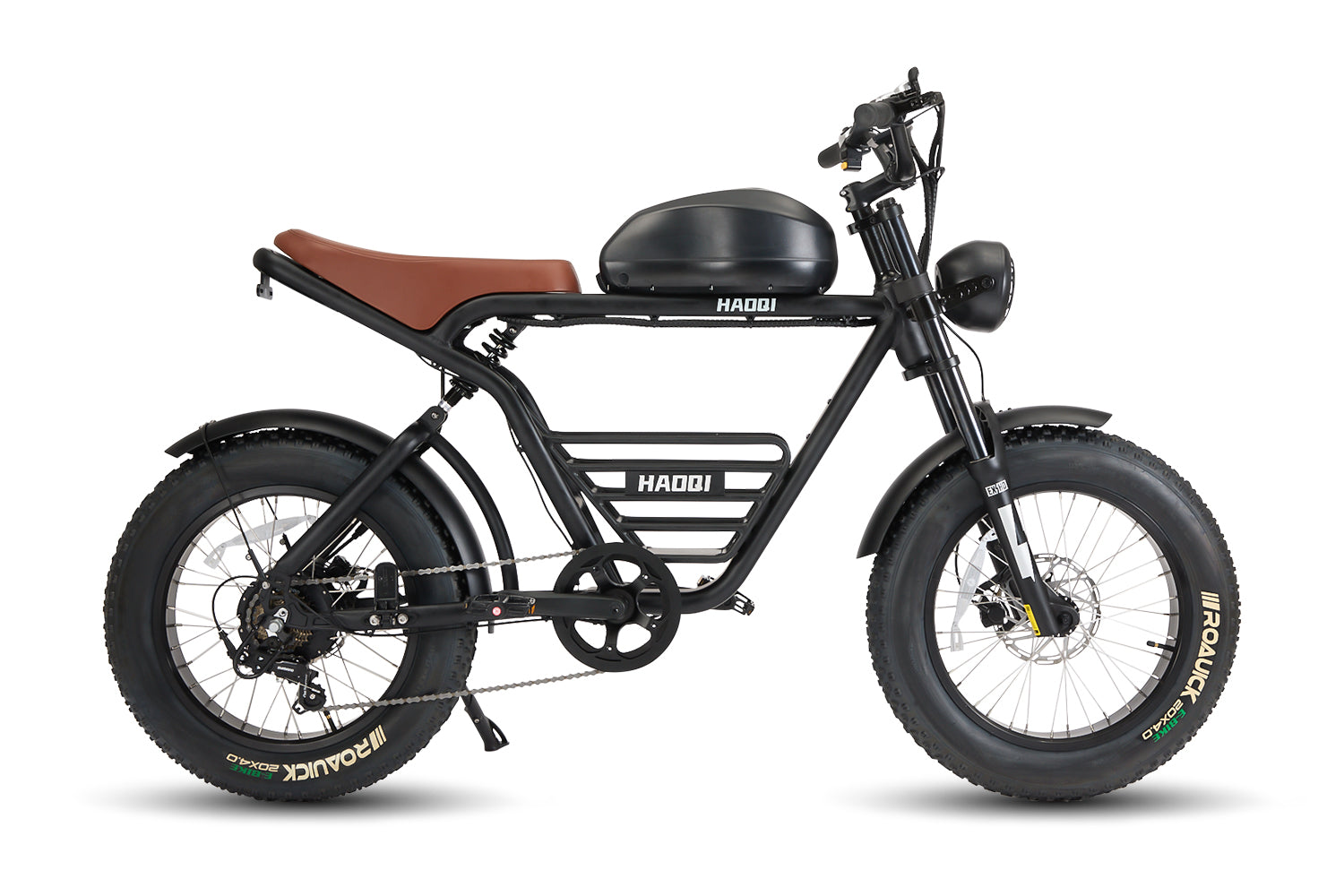
![HAOQI Antelope Pro 750W Cargo Electric Bike (UL Certified) [electric bike] [HAOQI ebike]](http://haoqiebike.com/cdn/shop/products/haoqi-antelope-pro-cargo-electric-bike-with-dual-battery-750w-haoqiebike-com-1.jpg?v=1751610204&width=1500)










Leave a comment
All comments are moderated before being published.
This site is protected by hCaptcha and the hCaptcha Privacy Policy and Terms of Service apply.